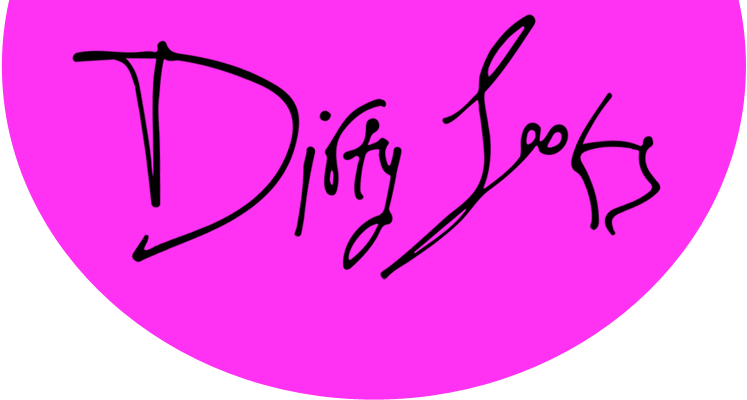1421 Laveta Ter
Los Angeles, CA 90026
Program:
Rosa von Praunheim, Nicht der Homosexuelle ist pervers, sondern die Situation, in der er lebt (It is not the Homosexual who is Perverse but the Society in which He Lives), 16mm on dv, 67min., 1971. English.
Carole Roussopoulos, Le F.H.A.R., video, 26min., 1971. French with English subtitles.
Shot for a television commission in 1971, two years after homosexuality was legalized in Germany, It is Not the Homosexual… follows Daniel, an attractive young homosexual coming out in the bustling city of Berlin. Daniel works his way through the echelons of gay social life, from humble beginnings in a “normal” romantic couple to life as a kept creature, a brassy gay bar client, leather lover to a political revolutionary. Documentary auteur Rosa von Praunheim films the varied gay scenes of Berlin with a keen and provocative eye, providing the amusing English-language voice-over himself that’s as searing as it is hilarious.
Right where Daniel leaves off in It is not the homosexual… Roussopoulos begins with her documentary Le F.H.A.R., F.H.A.R stands for the Le Front Homosexuel d’Action Révolutionaire, one of the pioneering gay/queer rights organizations established in France for the defense of the pédé or pédéraste (French term for homosexuals). Both depicting the front's meetings and their actions during the first gay rights parade in Paris ––which took place during the general labor day parade in May 1971–– the film captures a set of political discussions that would become one of the first manifestations of what we now call queer theory and politics. Merging feminism, criticism to patriarchy and its sway within the Communist Party, and advocating for the inherent revolutionary character of the homosexual, Le F.H.A.R. bares witness to the dawn of a struggle we still find ourselves in.
Filmmaker and gay-rights activist Rosa von Praunheim is one of the leading figures in gay and lesbian cinema and New German Cinema, although his deliberately controversial techniques, designed to challenge audiences, have sometimes caused him to be criticized by both gay and anti-gay supporters. Praunheim originally studied painting in Berlin and from there was an assistant for such gay filmmakers as Werner Schroeter and Gregory J. Markopoulous. As a director, he made many underground short films on Super-8 or 16 mm stock before going to work in television where he became known for such genre parodies as Die Bettwurst/The Bedroll (1970).
Praunheim made his first gay-themed film, Sisters of the Revolution, in 1969. The film was a three-part look at homosexual participation in the early women’s liberation movement taking place in New York. One of his most influential films was 1970′s made-for-TV outing. It Is Not the Homosexual Who Is Perverse, But the Society in Which He Lives, another example of his usage of negative gay stereotypes to politicize their plight and plea for more rights. Not all of von Praunheim’s films focus on homosexuality; some deal with those living on the fringes of society.
Carole Roussopoulos (1945 – 2009) was a Swiss film director and feminist who was primarily known for her pioneering early documentary films of the Women's liberation movement in France. Advised by Jean Genet in 1969 to buy a Sony Portapack and merge political and technical revolutions, Roussopoulos was the first woman to operate a video camera in France and the founder of the first militant film collective: Video Out. Inspired by the period of political unrest and the uprise of myriad struggles after 1968, Roussopoulos made approximately 150 documentaries during the course of her career.





























